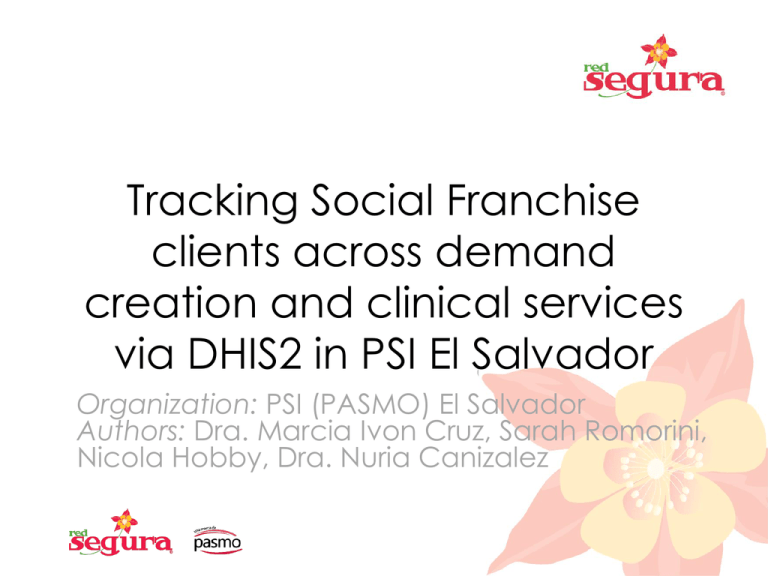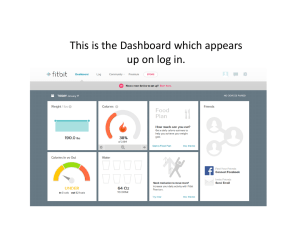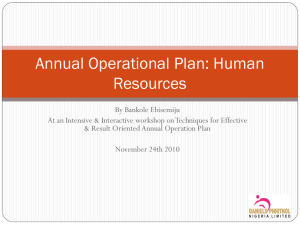Sarah Romorini, PSI - Social Franchising for Health
advertisement

Tracking Social Franchise clients across demand creation and clinical services via DHIS2 in PSI El Salvador Organization: PSI (PASMO) El Salvador Authors: Dra. Marcia Ivon Cruz, Sarah Romorini, Nicola Hobby, Dra. Nuria Canizalez Background • Demand-creation activities for potential clients to visit Red Segura Clinics for women´s health services • Before: – Lack of real-time information – Program decision-making based on outdated information – Challenge to compile and present meaningful results Method • Introduction of DHIS 2 an open-source management information system (MIS) software • Data entered at client level reports aggregated from these records • (Near) real-time information – Referral success – Average times between interventions – Services received • Ex: women´s health check-up, family planning consultations, methods provided, general consultations – Follow-up for clients who haven´t received services but interested The bumps • Initial time investment as a “pioneer” – Relatively new system responded to field feedback – System troubleshooting and building new functionality to increase data entry efficiency – Training staff on data entry – Staff adaptation to change • Overcome through: – Strong team buy-in/committment to use the system – Regionally based Consultants who could troubleshoot with the team in real time – Good team communication Sample DHIS2 dashboard Sample DHIS2 dashboard Findings • One System - All field and facility-level data exists in one place • Broad Access - All program staff has access to data • Self-generated analysis – Not dependent on technical staff; • Improved evidence-based decision-making – Access to real-time information – Improved analysis, better understanding of efficacy and more successful areas – Improved supervision for demand generation activities – Graphs automatically generated • Reduced time to consolidate reports • Communication to providers on outcomes – Motivation to better understand clients, services rendered – …A little bit of peer pressure never hurts… Applicability? • System to potentially help franchises (and programs) analyze effectiveness and make decisions – Visualizing trends help predict changes in client behavior – Improved accountability and supportive supervision of field staff – Targeted support for franchised providers – Adjust program as needed • Improved client information and trends for providers What’s next? • Franchisee supportive supervision visits module added to DHIS2 reporting • Possible pilot for data entry for providers; supportive environment • Include key franchise indicators into DHIS2 system for improved franchise monitoring and support










